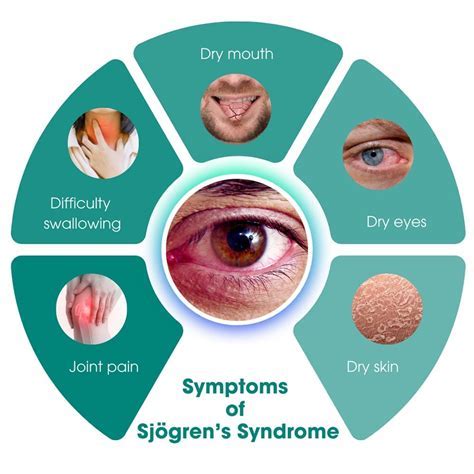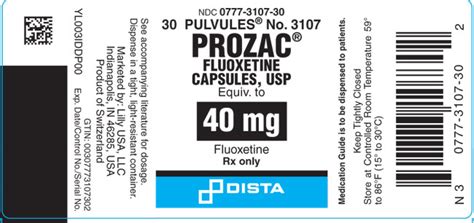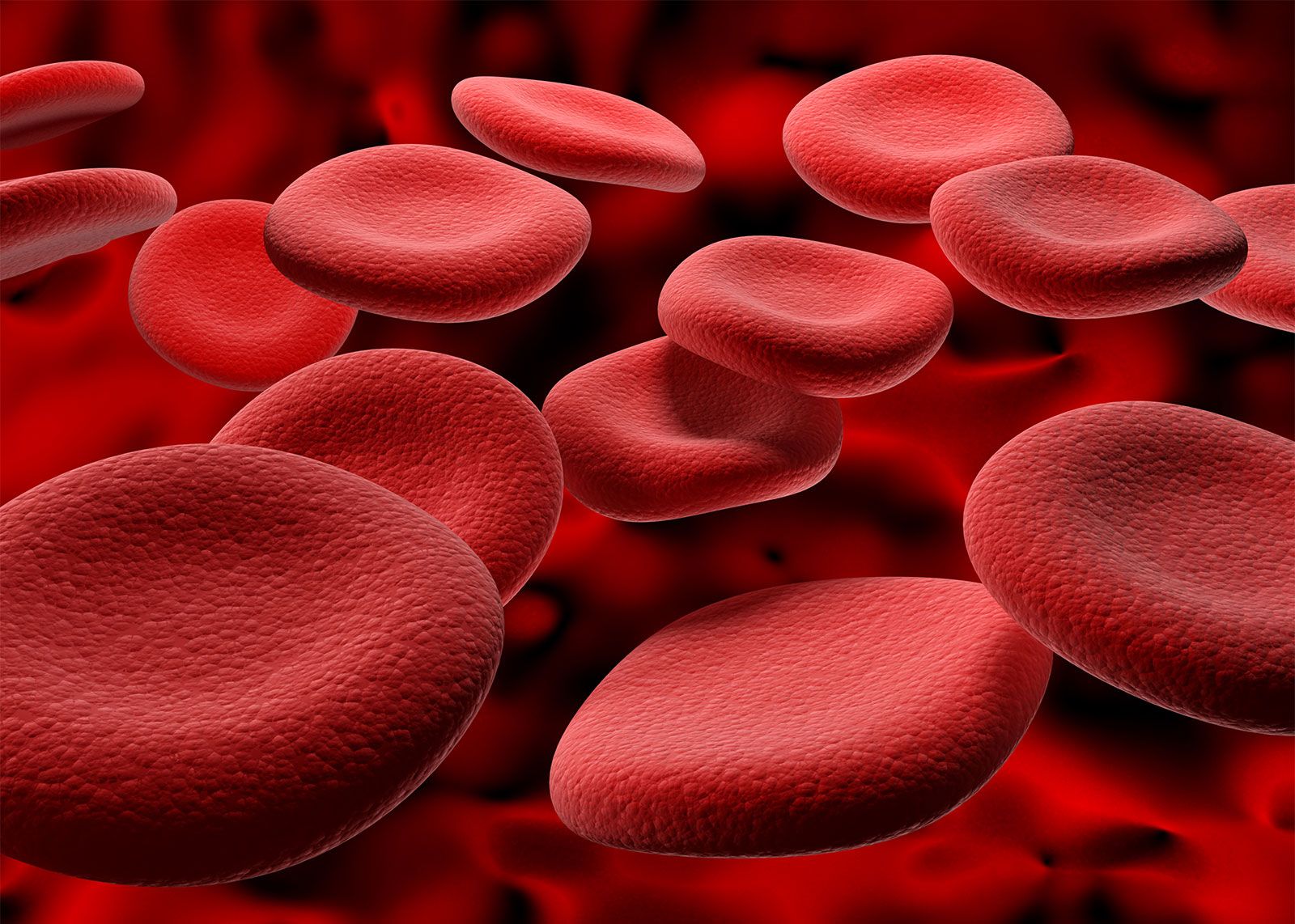Sjögren's Syndrome Management: Expert Tips

Sjögren’s Syndrome, a systemic autoimmune disease, predominantly affects the exocrine glands, particularly the salivary and lacrimal glands, leading to symptoms of dry mouth (xerostomia) and dry eyes (xerophthalmia). The management of Sjögren’s Syndrome is multifaceted, requiring a comprehensive approach that incorporates both symptomatic relief and strategies to address the underlying autoimmune process. Here, we delve into expert tips for managing Sjögren’s Syndrome, focusing on the latest medical understanding and practical advice for improving quality of life.
Understanding Sjögren’s Syndrome
Before diving into management strategies, it’s essential to understand the nature of Sjögren’s Syndrome. This condition can exist in two forms: primary, where Sjögren’s Syndrome occurs alone, and secondary, where it is associated with another autoimmune disease, such as rheumatoid arthritis or lupus. The diagnosis often involves a combination of clinical evaluation, serologic tests (e.g., antinuclear antibodies, anti-SSA/Ro, and anti-SSB/La antibodies), and sometimes histopathological examination of minor salivary gland biopsy specimens.
Symptomatic Relief for Dry Eyes
Dry eyes are a hallmark symptom of Sjögren’s Syndrome, affecting the quality of life significantly. Management includes:
- Artificial Tears: Frequent use of artificial tears, especially preservative-free types, can help alleviate dryness. There are various formulations, including gentle, non-preserved drops for daytime use and thicker gel or ointment preparations for nighttime use to protect the eyes during sleep.
- Punctal Plugs: Insertion of punctal plugs can block the drainage canaliculi, preventing tears from draining too quickly and thus maintaining moisture on the eye’s surface.
- Omega-3 Fatty Acids: Some studies suggest that omega-3 fatty acids, found in fish oil supplements, may help reduce inflammation and promote healthy tear production.
- Avoiding Irritants: Patients should avoid exposure to wind, dry air, and chemicals, which can exacerbate dry eyes. Wearing wraparound sunglasses when outdoors and using a humidifier indoors can be beneficial.
Managing Dry Mouth
Dry mouth, another common symptom, increases the risk of dental caries, oral infections, and discomfort. Strategies for managing dry mouth include:
- Saliva Substitutes: Over-the-counter saliva substitutes or prescription mouthwashes can help keep the mouth moist.
- Stimulating Saliva Production: Chewing sugar-free gum or sucking on sugar-free candies can stimulate residual saliva production.
- Professional Dental Care: Regular dental check-ups are crucial to monitor oral health and prevent complications such as cavities and gum disease.
- Avoiding Sugary Foods and Drinks: Limiting sugary and acidic foods and beverages can help prevent dental caries.
Systemic Treatment
For patients with systemic manifestations or those who do not respond adequately to symptomatic treatments, immunosuppressive or immunomodulatory therapies may be considered under the guidance of a rheumatologist. These can include hydroxychloroquine for joint and muscle symptoms, and in more severe cases, corticosteroids or disease-modifying antirheumatic drugs (DMARDs) may be prescribed.
Lifestyle Modifications
In addition to medical and symptomatic management, several lifestyle adjustments can significantly improve the quality of life for individuals with Sjögren’s Syndrome:
- Stay Hydrated: Drinking plenty of water is essential to thin out mucus and keep the mouth and eyes moist.
- Smoking Cessation: Smoking can exacerbate dryness and is associated with a range of other health issues.
- Exercise Regularly: Gentle exercises, such as yoga or walking, can help maintain joint mobility without exacerbating fatigue.
- Join a Support Group: Connecting with others who have Sjögren’s Syndrome can provide emotional support and practical advice.
Future Directions and Emerging Therapies
Research into Sjögren’s Syndrome is ongoing, with emerging therapies aimed at targeting the underlying immune mechanisms. Biologics, which are proteins that target specific components of the immune system, are being investigated for their potential to modify the disease course. Additionally, there is interest in the role of gene expression and epigenetic factors in the pathogenesis of Sjögren’s Syndrome, which may lead to personalized treatment approaches in the future.
Conclusion
Managing Sjögren’s Syndrome requires a holistic approach that addresses both the symptoms and the underlying autoimmune process. By combining medical therapies with lifestyle modifications and staying updated on the latest research and treatment options, individuals with Sjögren’s Syndrome can effectively manage their condition and improve their quality of life.
FAQ Section
What are the primary symptoms of Sjögren’s Syndrome?
+The primary symptoms of Sjögren’s Syndrome include dry eyes (xerophthalmia) and dry mouth (xerostomia), resulting from the autoimmune destruction of the lacrimal and salivary glands.
How is Sjögren’s Syndrome diagnosed?
+Sjögren’s Syndrome is diagnosed through a combination of clinical evaluation, serologic tests (for autoantibodies such as anti-SSA/Ro and anti-SSB/La), and sometimes a minor salivary gland biopsy.
What are some emerging treatments for Sjögren’s Syndrome?
+Emerging treatments for Sjögren’s Syndrome include biologic therapies that target specific components of the immune system. Research into personalized medicine and the role of genetics in the disease may also lead to new treatment options.
How can I manage dry eyes associated with Sjögren’s Syndrome?
+Managing dry eyes in Sjögren’s Syndrome involves the use of artificial tears, punctal plugs to reduce tear drainage, and omega-3 supplements. Avoiding irritants such as wind and dry air is also beneficial.
Is Sjögren’s Syndrome hereditary?
+While there is a genetic predisposition to developing autoimmune diseases, Sjögren’s Syndrome itself is not directly inherited. However, having a family history of autoimmune diseases may increase the risk.
Can diet play a role in managing Sjögren’s Syndrome symptoms?
+Diet can play a supportive role in managing Sjögren’s Syndrome symptoms. Eating foods rich in omega-3 fatty acids, staying hydrated, and avoiding sugary and acidic foods can help alleviate dry eyes and mouth.



